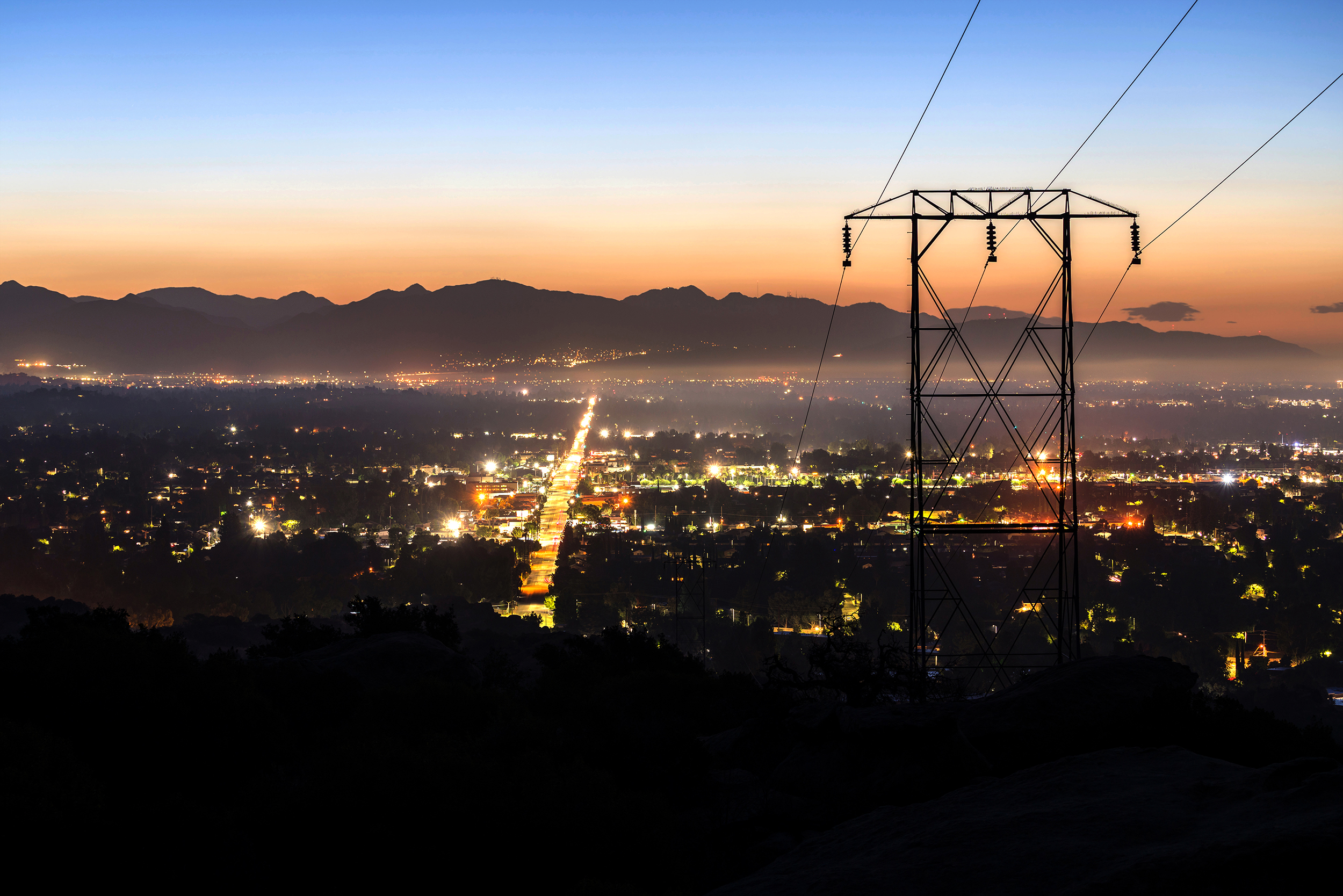The extent of climate policy support across the California electorate is striking. Supermajorities not only support 100 percent clean energy in the grid by 2035, but also want to extend the reach of clean energy to power cars and buildings.
- 70 percent of all Californian likely voters want the electricity grid to run on 100 percent renewable energy by 2035
- 69 percent support promoting the transition to clean energy with buildings that run entirely on electricity, with no gas or fossil fuels
- 65 percent support the requirement that by the year 2035, all new vehicles sold in California should be required to produce no polluting emissions.
When asked if California was “doing enough” on climate change, only 22 percent of California said the state has done “too much,” while 46 percent said that California hasn’t done enough to address climate change.
Underlying this is a sharp rise in climate concern among Californians: 67 percent say climate change is a “very serious” or “extremely serious” problem, up from just 42 percent in 2014.
Public Support for Climate Action Is Intense and Almost Universal Among Democratic Constituencies.
If we home in on the Democratic and No Party Preference voters who are the core constituencies of many elected officials in California, the numbers are intense and overwhelming.
Among these groups, 92 percent of Democrats want to power California with 100 percent renewable energy by 2035. 89 percent of lower-income voters who make $30,000 or less support a transition to clean energy; 69 percent want to see a 100 percent clean electricity grid by 2035.
Among No Party Preference voters, 69 percent support a 100 percent renewable energy grid by 2035.
Californians Reject Industry’s False Claims
The poll also shows a strong rejection of oil and gas industry message framing. Industry groups have at times been effective in confusing the issues within the Sacramento policymaking space. But when the public is presented with competing messaging, we see a sharp rejection of the industry’s messaging and false trade offs.
- 60 percent believe the government and employers should be focused on protecting workers’ livelihoods, including by providing job training and financial support for oil and gas workers as our economy changes, while only 34 percent said the state should be protecting specific jobs. Among Democrats, 76 percent agree that protecting workers’ livelihoods should be the government and companies’ top priority.
- Voters are also clear eyed about where the responsibility lies. 57 percent believe those oil and gas executives are threatening workers by pushing for their own short term profits above all else, failing to think about their workers’ futures, while only 33 percent believe overzealous environmental and climate regulations are threatening to put oil and gas workers out of work. Among Democrats, 74 percent agree with the former, while only 17 percent believe the latter.
- 61 percent believe that clean energy will create more jobs in the very fields that oil supporters claim are threatened, including construction jobs, union jobs, utility work, and more.
- The poll also shows deep distrust of oil and gas companies and executives as honest players, and confirms that Californians are aware of and object to the industry’s efforts to influence state policy and politics. 64 percent say that industry is standing in the way of California’s climate progress. 63 percent say they agree that oil and gas companies have rigged the state government in their favor.
- Voters are particularly animated by the extent of industry dishonesty, aware that oil and gas executives have tried to confuse the link between their products and climate change and are breaking their promises to contribute to clean energy technology and progress.
The bottom line is that Californians want to see progress on clean energy and climate action right now, to ensure steady change over the next decade. Advocates and policymakers should take swift, bold action to implement and enforce common sense clean energy policies in alignment with what their constituents want, and should feel secure in knowing that support for climate action is broad, deep, and resilient.
More information about the statewide survey is here.


